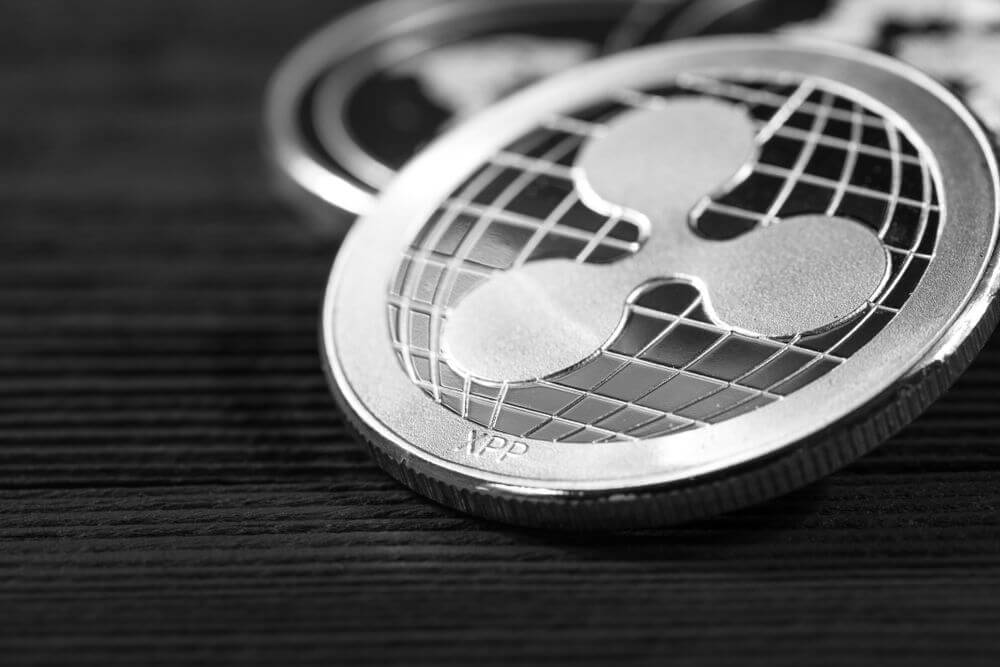
Coinmotion, a Finnish exchange, has published an “expose” of sorts on Ripple that talks about all the ways in which it is centralized. All of this comes mere days after they listed XRP on their exchange.
In a world plagued with controversy, aggressive debates, and ideogues, Ripple may be the most contentious cryptocurrency of all. The number of threats and heated discussions around the company are inestimable and it has become hard to differentiate between fact and fiction. But the fact that Coinmotion isn’t just another Internet troll, and is a party that actually stands to lose a bit by publishing their blog post, does make this seem more than your standard FUD.
Coinmotion’s Claims
None of the claims are “new”, but they show the sharp contrast between Ripple’s XRP and a true cryptocurrency like Bitcoin. The first claim, as always, is that Ripple is a payment network and not a cryptocurrency. XRP acts as a virtual currency to facilitate exchange on the network, and that’s where it gets its utility from. So far, this all sounds fairly innocent.
Where the trouble comes is with this claim:
What differentiates XRP from cryptocurrencies is that it is not based on blockchain, it is not mined and it is heavily centralized. Ripple network is a suite of different applications by Ripple Labs.
This is a claim you would have to do your own research on, but Coinmotion is definitely not the first person to say it. The next big issue is the management of supply for XRP. Rather than having an algorithm that mints it at a constant rate, XRP’s distribution is controlled by Ripple. They release (sell) XRP when they want to increase the supply, and keep the rest of the currency in inventory.
Sure sounds like a monopoly! All of these criticisms can be banded under the single claim that Ripple controls XRP, so it therefore lacks the decentralization that is meant to make cryptocurrencies so powerful.
The Other Side
Ripple’s CEO, Brad Garlinghouse, has repeatedly defended against these points, stating he had no control of Ripple’s ledger and it was clearly decentralized. The fact is, these are nuanced points that require personal research to conclude one way or the other.
The flip side of these accusations is XRP and Ripple still represent a significant advancement in financial technology. PayPal isn’t a cryptocurrency or blockchain, yet has changed the way people do business. Why couldn’t Ripple do the same?
Strategic Implications
The marketing aspect of this is quite strong. It creates controversy around the company, which can then be monetized as numerous media outlets pick it up and discuss it. At the same time, they are establishing trust with their customers who will appreciate the fact that Coinmotion went out of their way to highlight certain fundamental issues.
Perhaps the best part of the whole blog post was how they finished it with the sentence, “Nonetheless since You, our dear customer, have asked for it, we have offered you the possibility to buy and sell XRP on Coinmotion.” In a way, this is the most honorable form of capitalism there is. They have said their piece and not let there be any misconceptions, but also positioned themselves to benefit from the trading of the XRP.

